New Title | ‘Debates in the Digital Humanities’
My sense is that Art History is by and large (and yes I’m generalizing), a few steps behind other disciplines in terms of the digital humanities (in contrast, for instance, to the large umbrella of eighteenth-century studies). One might explain the lag (if I’m even correct in characterizing it as such) in terms of the differences between texts and images. I suspect, however, that the limitations of working with large numbers of images in terms of searches and quantification will soon begin to recede. -CH
◊ ◊ ◊ ◊ ◊
From the U of Minnesota Press:
Matthew K. Gold, ed., Debates in the Digital Humanities (Minneapolis: University of Minnesota Press, 2012), 532 pages, ISBN 9780816677955 ($35) / ISBN 9780816677948 ($105).
 Debates in the Digital Humanities brings together leading figures in the field to explore its theories, methods, and practices and to clarify its multiple possibilities and tensions. Together, the essays—which will be published later as an ongoing, open-access website—suggest that the digital humanities is uniquely positioned to contribute to the revival of the humanities and academic life.
Debates in the Digital Humanities brings together leading figures in the field to explore its theories, methods, and practices and to clarify its multiple possibilities and tensions. Together, the essays—which will be published later as an ongoing, open-access website—suggest that the digital humanities is uniquely positioned to contribute to the revival of the humanities and academic life.
Encompassing new technologies, research methods, and opportunities for collaborative scholarship and open-source peer review, as well as innovative ways of sharing knowledge and teaching, the digital humanities promises to transform the liberal arts—and perhaps the university itself. Indeed, at a time when many academic institutions are facing austerity budgets, digital humanities programs have been able to hire new faculty, establish new centers and initiatives, and attract multimillion-dollar grants.
Clearly the digital humanities has reached a significant moment in its brief history. But what sort of moment is it? Debates in the Digital Humanities brings together leading figures in the field to explore its theories, methods, and practices and to clarify its multiple possibilities and tensions. From defining what a digital humanist is and determining whether the field has (or needs) theoretical grounding, to discussions of coding as scholarship and trends in data-driven research, this cutting-edge volume delineates the current state of the digital humanities and envisions potential futures and challenges. At the same time, several essays aim pointed critiques at the field for its lack of attention to race, gender, class, and sexuality; the inadequate level of diversity among its practitioners; its absence of political commitment; and its preference for research over teaching.
Together, the essays in Debates in the Digital Humanities—which will be published both as a printed book and later as an ongoing, open-access website—suggest that the digital humanities is uniquely positioned to contribute to the revival of the humanities and academic life.
Call for Papers | Digital Revolutions
Digital Revolutions: Interpreting and Historicizing American Culture
New England American Studies Association 2012 Conference
University of Rhode Island, Providence, 12-13 October 2012
Proposals due 3 May 2012 (extended from the original 15 April deadline)
Recent developments in digital technologies have transformed the place of the humanities in American life. From online versions of Cotton Mather’s Magnalia Christi Americana to a daily John Quincy Adams Twitter feed to the Smithsonian’s publicly accessible Archives of American Art to the Women Writers Online Project, digital technologists are reshaping our sense of history, place, community, and identity. Digitization of America’s cultural heritage has also fundamentally transformed work in the humanities itself. From universities to libraries to cultural institutions, the information infrastructure has brought forth digital collaborations across disciplines and beyond the academy, as well as between scholars, educators, archivists and programmers. But it has also brought forward concerns about copyright, control and access to information and the future of print media.
Are such changes unprecedented? Prior evolutions in communications technology suggest otherwise. From broadsides to blogs, such changes have reshaped the way Americans interact and understand themselves both in the present and the past. The 2012 NEASA conference, Digital Revolutions, invites participants to consider what these developments are, how they are redefining work in the humanities and what previous media revolutions suggest for the future.
This conference will combine scholarly investigation of the cultural, political and economic significance of communications media with a series of panels, workshops and participatory forums that can take advantage of technologies now available to us. In addition to individual paper proposals, we also welcome submissions for roundtable discussions, hands-on workshops and multimedia sessions such as film screenings, online presentations and 5-minute micropapers.
Proposals should include a one page abstract and title, as well as the author’s name, address (including email), and institutional or professional affiliation. For panel proposals please include contact information for all participants, as well as a brief (no more than two page) description of the session topic and format. Submit proposals to neasaconference12@gmail.com by the revised deadline of May 3, 2012.
Proposal or queries may also be sent to:
Sara Sikes, NEASA President
Massachusetts Historical Society, The Adams Papers
1154 Boylston Street
Boston, MA02215
ssikes@masshist.org
For more information about the conference and NEASA, including an expanded Call for Papers, please visit www.neasa.org.

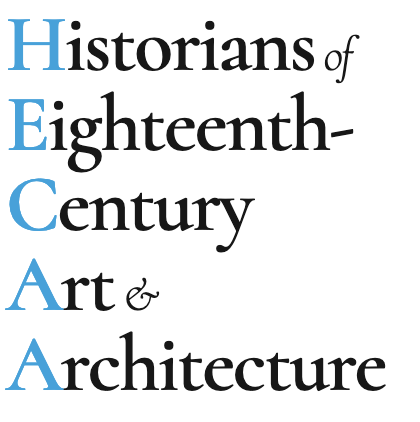

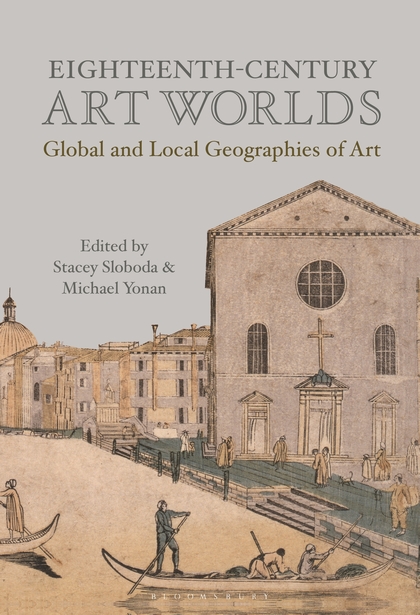

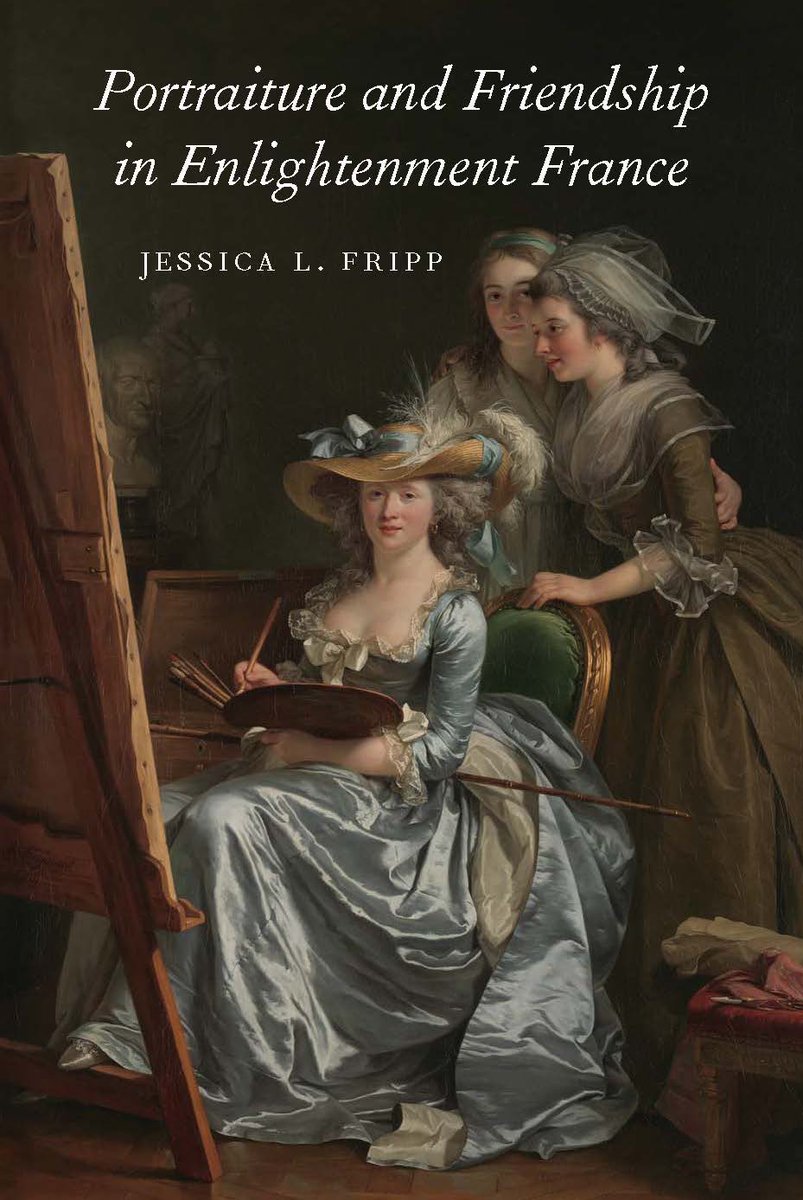















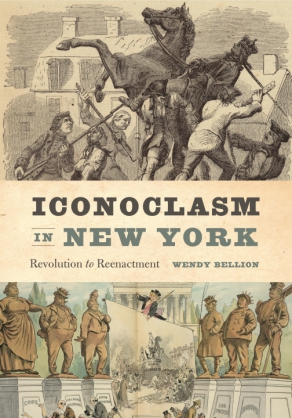



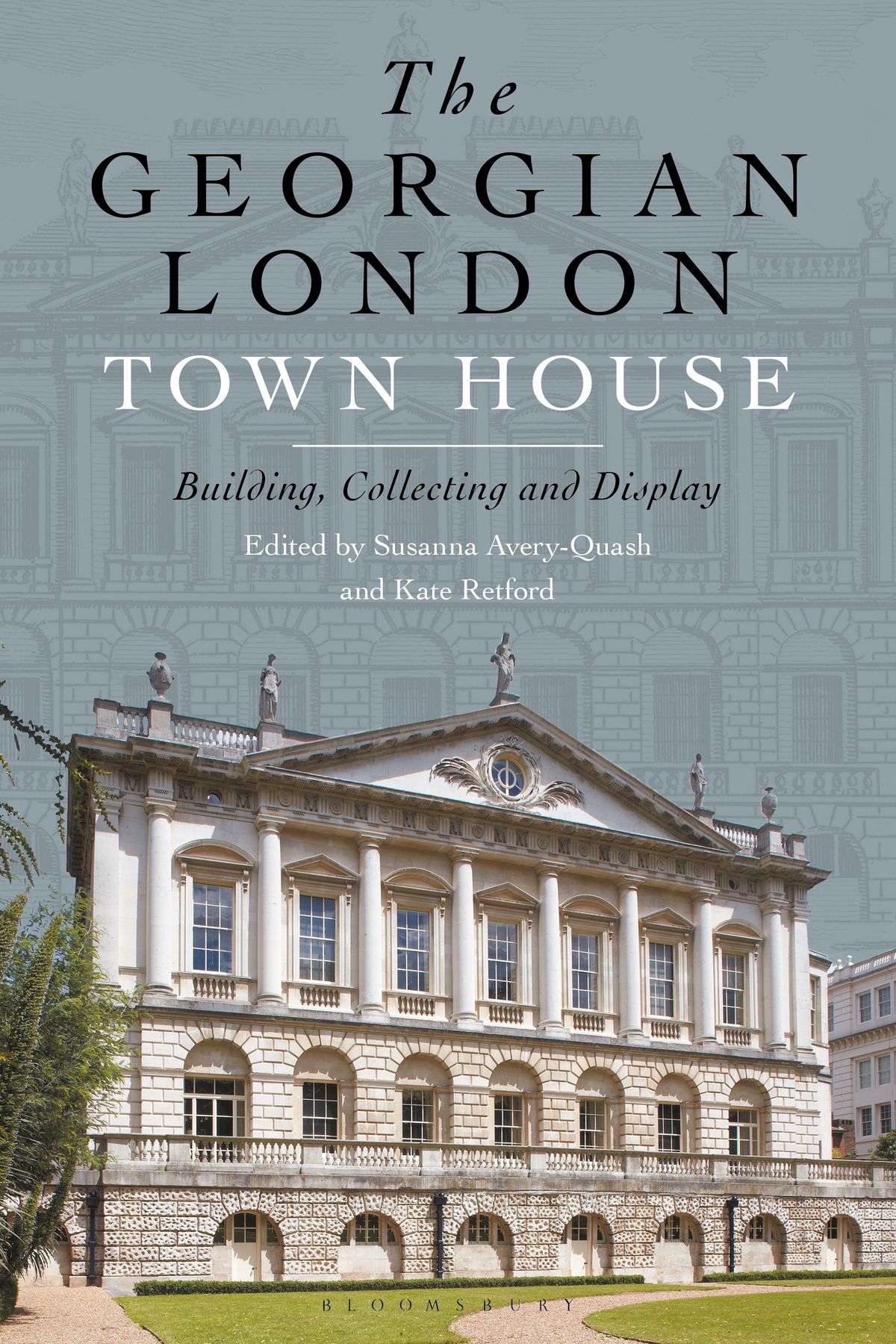


leave a comment